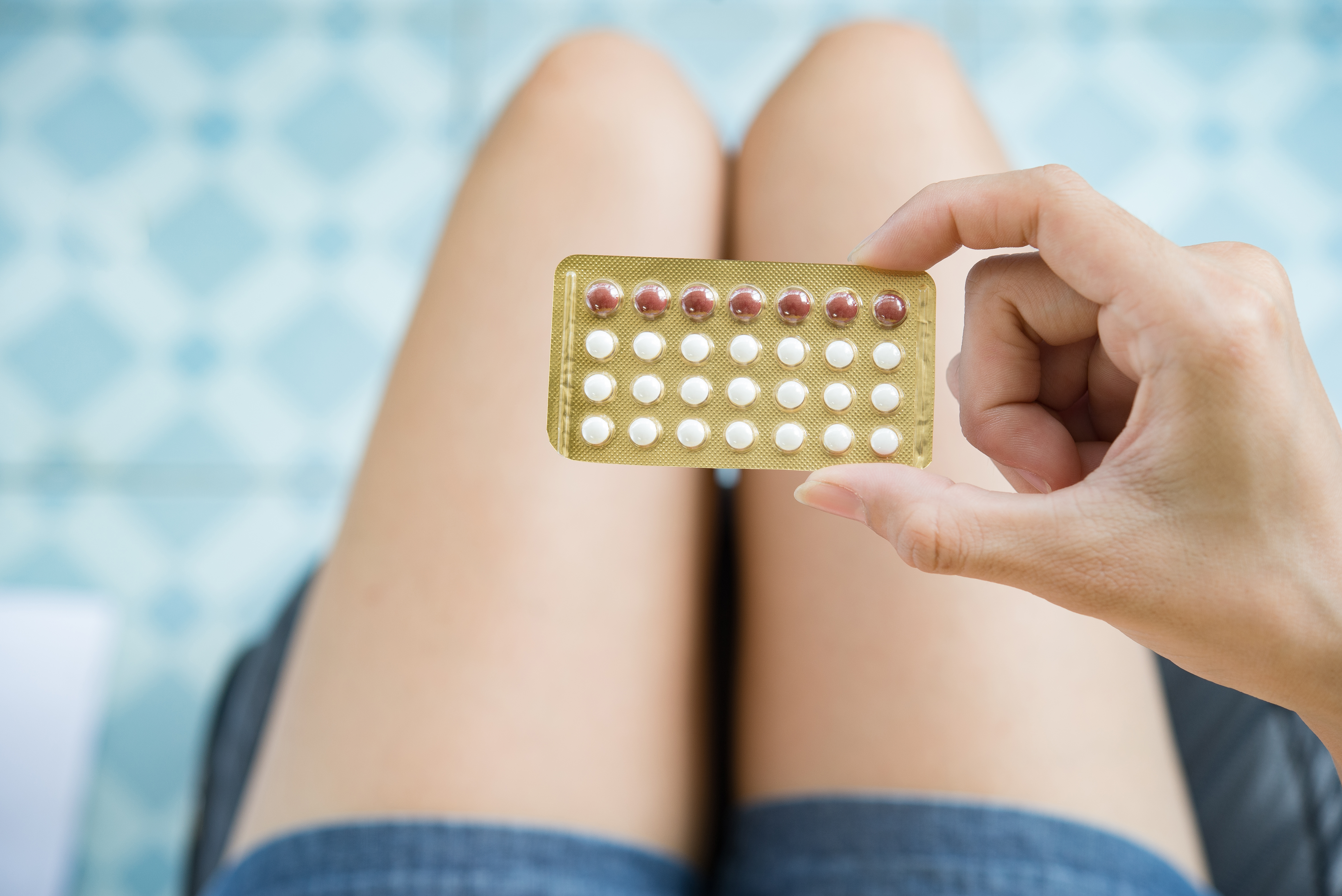
Understanding Sperm and Fertility
When couples are having difficulty conceiving, attention can often turn to the woman's fertility. But male fertility is equally significant, and sperm health is also a significant factor in successful conception. Of all the components of sperm quality, one of the most critical is sperm morphology — the shape and size of the sperm. Knowing how this impacts fertility can help couples make informed decisions and get the proper treatment when necessary.
What kind of sperm is considered healthy?
Normal sperm motility, concentration, and structure are characteristics of healthy sperm. They should have a long, thin tail, a midpiece, and an oval-shaped head. In order to reach the egg for fertilisation, healthy sperm must also travel efficiently.
Important characteristics of healthy sperm
Sperm Count: 15 million or more sperm per millilitre of semen is usually considered as a healthy sperm count.
Sperm motility: In order to reach the egg, at least 40% of sperm must be able to travel efficiently.
Sperm Morphology: Long, strong tails and oval-shaped heads are characteristics of healthy sperm.
Semen Volume: 1.5 to 5 millilitres of semen per ejaculation is considered normal.
The World Health Organisation (WHO) states that a semen sample is said to be within the normal range for morphology if it contains at least 4% sperm with a normal form. This implies that a person might still be considered efficient if the remaining 4% of his sperm are normally shaped and functioning, even if 96% of them seem abnormal.
What is Teratozoospermia?
Teratozoospermia is a condition in which the semen of a man contains a very high percentage of abnormally formed sperm. The abnormalities could be in the head, midpiece, or tail and can affect the ability of the sperm to get to or penetrate the egg.
The sperm in teratozoospermic men could:
• Not swim normally
• Be unable to bind or fertilize the egg
• Carry DNA defects that can interfere with embryo formation
Teratozoospermia may be mild, moderate, or severe based on the percentage of normal sperm. Although it will impact fertility, it does not indicate that natural conception will be impossible — but it may be more challenging.
Can IVF Be Successful with Teratozoospermia?
Couples always ask if In-Vitro Fertilization (IVF) is possible with teratozoospermia in the male partner. Although conventional IVF can be less successful in such situations because of poor sperm quality, there's a newer technique that significantly enhances success: ICSI (Intracytoplasmic Sperm Injection).
ICSI: A Game-Changer for Male Factor Infertility
ICSI is a technique of IVF in which one healthy-looking sperm is chosen and injected directly into the egg under a microscope. This bypasses most natural obstacles to fertilization and is especially helpful in instances of:
• Teratozoospermia
• Poor sperm count or motility
• Failed IVF in the past because of poor fertilization
A trained embryologist carefully evaluates sperm under high power and selects the highest quality sperm for injection. This procedure enables even men with profoundly abnormal sperm morphology to become a father with the assistance of assisted reproductive technology.
Causes and Diagnosis of Teratozoospermia
Teratozoospermia may be caused due to several reasons, such as:
• Genetic disorders
• Habits such as smoking, alcoholism, or unhealthy diet
• Exposure to toxins or excessive heat (e.g., hot tubs, saunas)
• Infection or inflammation
• Hormonal imbalances
It is diagnosed by a semen analysis, which measures the count, motility, and morphology of sperm. Your fertility expert may suggest additional testing or lifestyle modification to enhance sperm health.
Managing Teratozoospermia
If you or your partner has been diagnosed with teratozoospermia, don't lose hope. Due to current fertility techniques such as ICSI, many couples have successfully conceived.
In addition:
• Healthy lifestyle modifications such as smoking cessation, alcohol reduction, consumption of a balanced diet, and stress management may improve sperm quality
• Antioxidant supplements can decrease sperm DNA damage
• Medical therapy can correct underlying conditions like infections or hormonal imbalances
Conclusion
Teratozoospermia can be challenging, but it is not the end of your journey to parenthood. With advancements in assisted reproductive technologies like IVF and ICSI, many couples have successfully conceived despite this condition.
If you're facing fertility issues, don't wait—seek a proper diagnosis and consult with a qualified fertility specialist to explore the best options for your unique situation.
At Vriksh Fertility, we're here to support you every step of the way. Let's take the first step towards growing your family—together.

